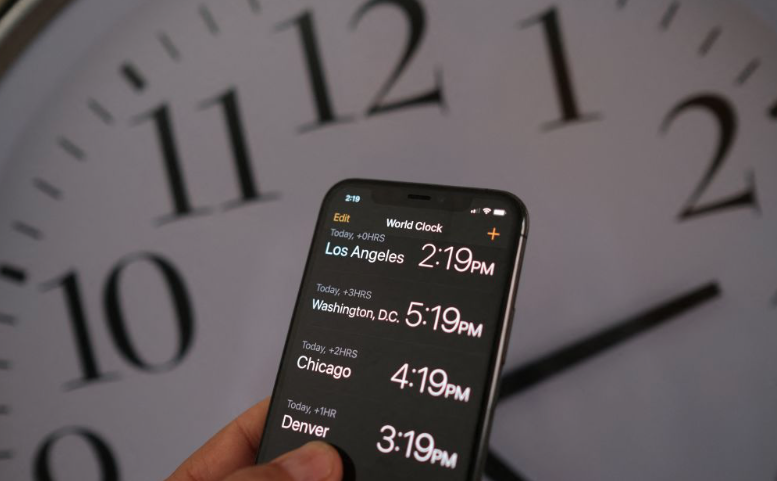Will Daylight Savings Time be Continued?
The U.S. Senate passes a bill that will make Daylight Savings time permanent starting 2023.
Are we Resetting the Clock on Daylight Savings? – With the Sunshine Protection Act being approved by the Senate, we may not have to switch our clocks starting Nov. 2023 if approved by President Biden.
As of Tues., Mar. 15, the Senate has passed a bill that will make Daylight Savings time permanent starting in 2023.
The Washington Post states that “more than 40 states… are considering changes to end the shifting, and federal lawmakers are weighing legislation that could make daylight saving time permanent”.
The Sunshine Protection Act will prevent us from having to change our clocks twice a year. If the bill becomes permanent, daylight savings time would no longer end in Nov.
Because of the bill, we would no longer have to set our clocks back 1 hour in the fall.
According to the Department of Transportation, there are benefits to eliminating the time change.
Daylight Savings time conserves energy, reduces crime, and prevents traffic energies.
“I think they’re making [Daylight Savings] permanent because they want to save energy by cutting back dark hours,” senior Yasmin Ayass said.
According to The Hill, if the House and President Biden were to sign the Sunshine Protection Act, it “would mean Americans would never again have to set their clocks back an hour and lose an hour of afternoon daylight in the fall and winter”.
“I think they’re making it permanent because it can possibly boost economic activity and encourage people to go outside more,” senior Maryam Elbeltagy said.
Some students are looking forward to the possibility of the time change becoming permanent.
“I am really excited that it might be a possibility. I hate the time changes so much because they throw my sleep schedule off and are pointless in 2022,” senior Abby Frank said.
While some students are excited about the possibility, others aren’t sure how to feel.
“At the moment, I’m not quite sure how to feel about Daylight Savings becoming permanent next year,” junior Kaitlyn Davis said.
According to the New York Times, “if the legislation were to pass there and be signed by President Biden, it would take effect in Nov. 2023”.
As of now, the bill is on its way to the House and will be reviewed by President Joe Biden.


